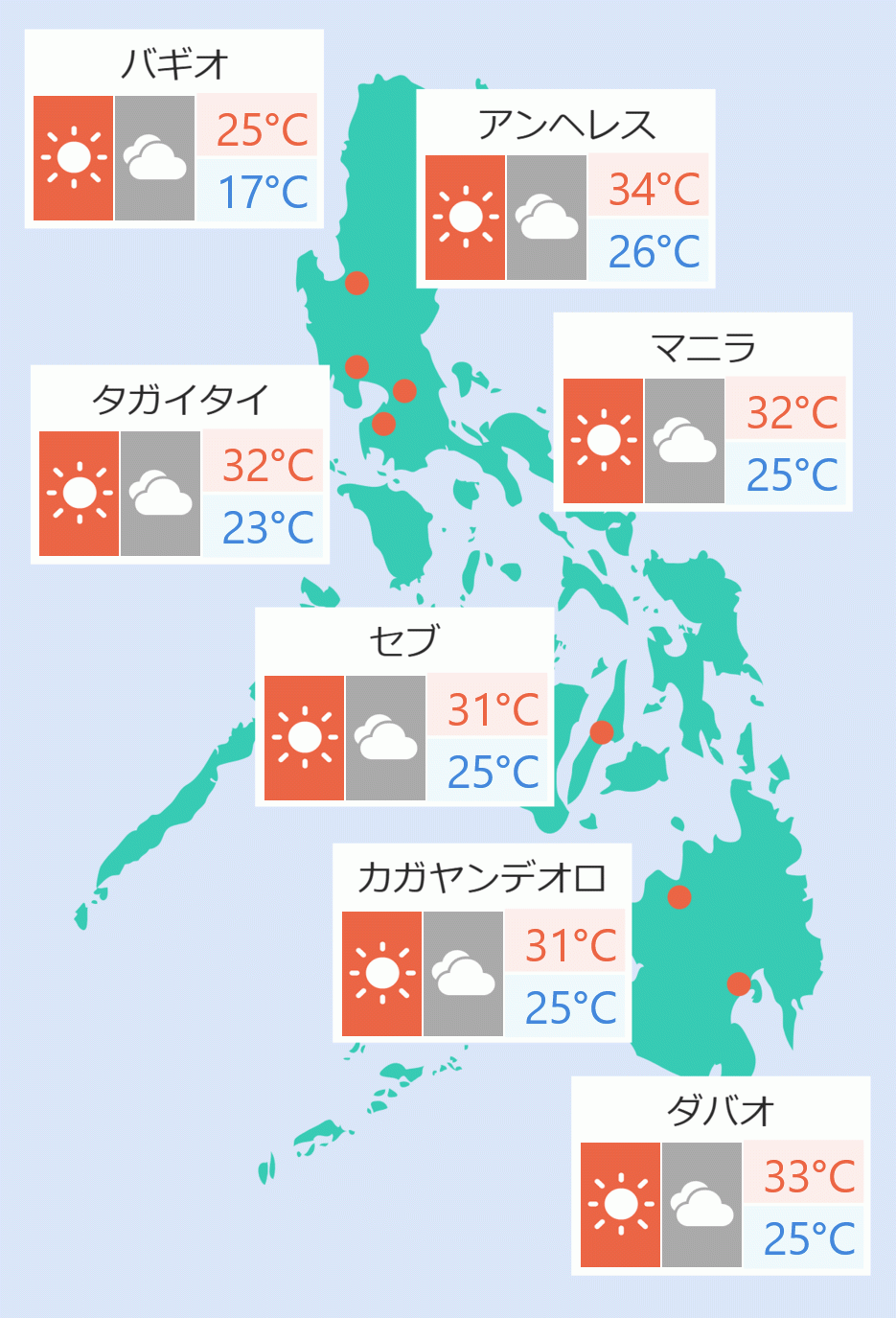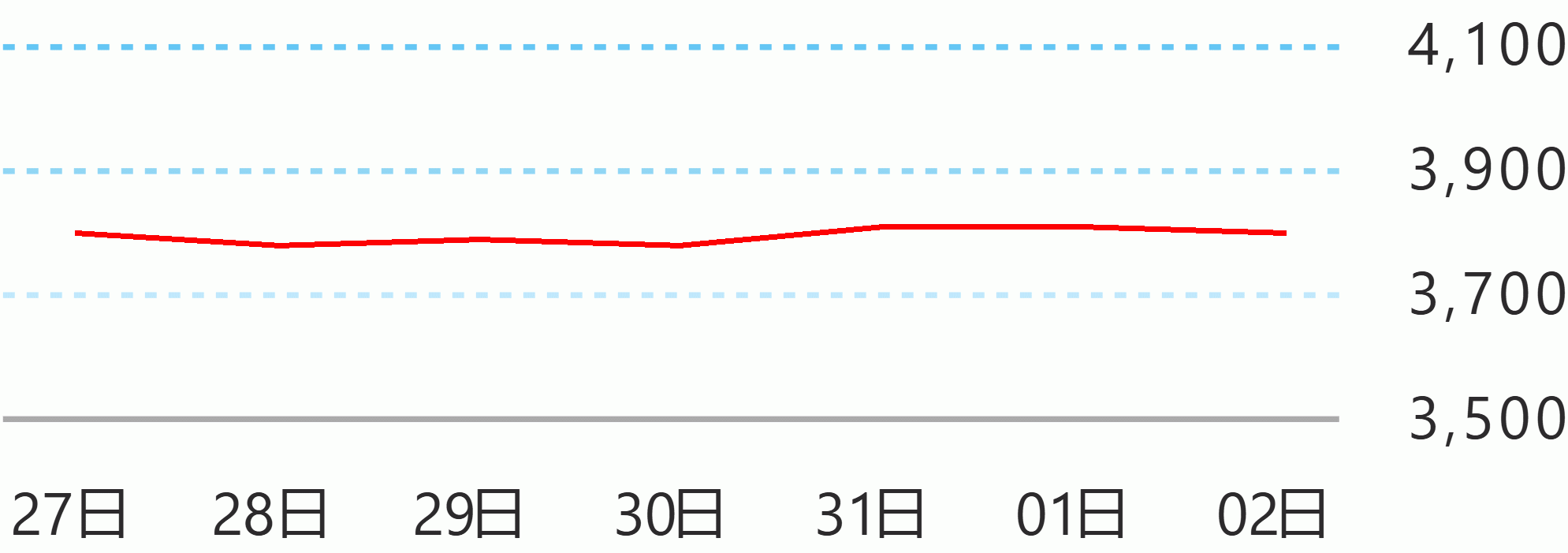In response to Defense Secretary Gilberto Teodoro’s open letter, China accused the Philippines of creating a “propaganda trap” linked to the West Philippine Sea issue
Teodoro warned of Chinese propaganda shifting the focus of the dispute from their illegal activities in Philippine waters to the “gentleman’s agreement” the previous administration had with China.
In a press conference, Chinese Foreign Ministry Spokesperson Wang Wenbin said: “The Philippines keeps accusing China of ‘intimidating smaller countries’ without mentioning at all the Philippine occupation of and encroachment on China’s territory in Nansha Qundao (Spratly Islands). That is a real propaganda “trap”.”
Wang argued that the water cannon incidents at Ayungin Shoal, which it calls Ren’ai Jiao, were not about bullying smaller countries but about “unfulfilled promises and deliberate provocations”
He reiterated the claim Philippines allegedly promised to tow away the BRP Sierra Madre several times but still failed to fulfill it after 25 years, adding that the government even sent construction materials to fortify it.
“The Philippines has gone back on its words, and stirred up trouble to provoke China. This is not only a breach of the understandings between the two sides on handling the Ren’ai Jiao issue, but also a violation of the DOC (Declaration on the Conduct of Parties in the South China Sea), especially its Article 5 on refraining from action of inhabiting on the presently uninhabited islands, reefs, shoals, cays, and other features. The Philippines is clearly responsible for the current tensions in the South China Sea,” Wang said.
Former Presidential Spokesperson Harry Roque claimed that the Duterte administration entered a deal with China where the country promised to only bring food and water supplies to troops stationed at the warship ground in Ayungin Shoal.
Former Chief Presidential Counsel Salvador Panelo said that former President Rodrigo Dutere denied this claim when they spoke to each other twice during Holy Week.
Wang said that China and Southeast Asian nations have long been resolving disputes through dialogue and consultations which has kept the South China Sea generally stable, but blamed the Philippines for bringing “non-regional actors” to support its supposed provocations and violation of China’s sovereignty.
“The Philippines has been pursuing selfish gains at the expense of the consensus reached by countries in the region. This is the main reason why the situation in the South China Sea has escalated and become more complicated,” Wang said.
“We once again urge the Philippines to respect the facts, observe the relevant understandings between the two sides and DOC provisions, follow the consensus reached between China and ASEAN countries, and return to the right track of properly managing and resolving disputes through dialogue and consultation as soon as possible,” he added. Jaspearl Tan/DMS





 English
English










